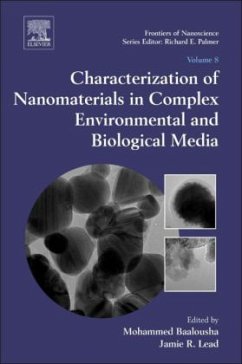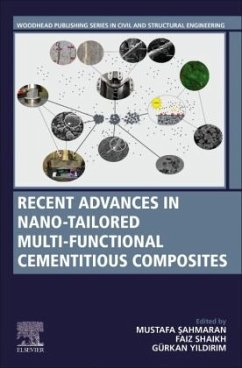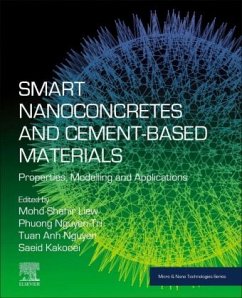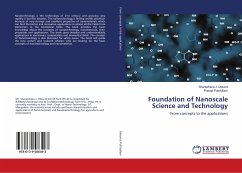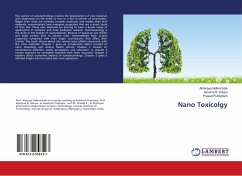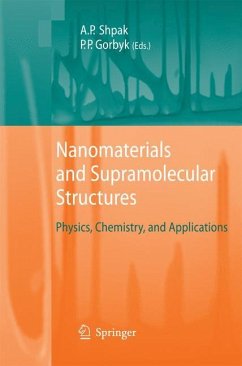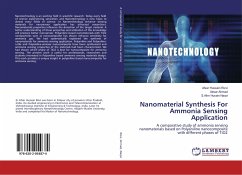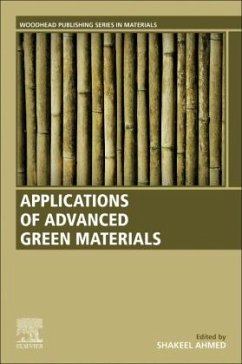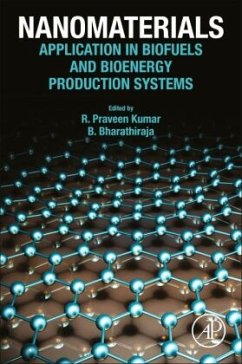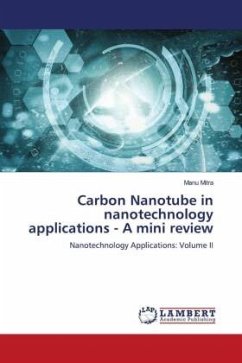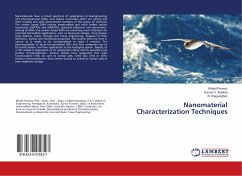
Nanomaterial Characterization Techniques
Versandfertig in 6-10 Tagen
24,99 €
inkl. MwSt.

PAYBACK Punkte
12 °P sammeln!
Nanomaterials have a broad spectrum of applications in bioengineering and pharmaceutical fields, and carbon nanotubes (CNT) are among the most versatile and well characterized members of this group of materials. The carbon based ENPs include single-walled and multi walled carbon nanotubes (SWCNTs and MWCNTs), spherical fullerenes and dendrimers. Among all ENPs, the carbon based ENPs are attracting much attention for potential biomedical applications, such as biosensors design, drug design, drug delivery, tumor therapy and tissue engineering, because of their electronic, optical and mechanical ...
Nanomaterials have a broad spectrum of applications in bioengineering and pharmaceutical fields, and carbon nanotubes (CNT) are among the most versatile and well characterized members of this group of materials. The carbon based ENPs include single-walled and multi walled carbon nanotubes (SWCNTs and MWCNTs), spherical fullerenes and dendrimers. Among all ENPs, the carbon based ENPs are attracting much attention for potential biomedical applications, such as biosensors design, drug design, drug delivery, tumor therapy and tissue engineering, because of their electronic, optical and mechanical properties. The pristine CNTs are inert in nature so it needs to be functionalized to make it reactive. The biocompatibility of these functionalized CNTs and their composite has to be tested before real time applications in the biological system. Toxicity of a CNT sample is dependent on its composition along with its geometry and surface functionalization. Several studies have suggested thatwell-functionalized CNTs are safe to animal cells, while raw CNTs or CNTs without functionalization show severe toxicity to animal or human cells at even moderate dosage.



